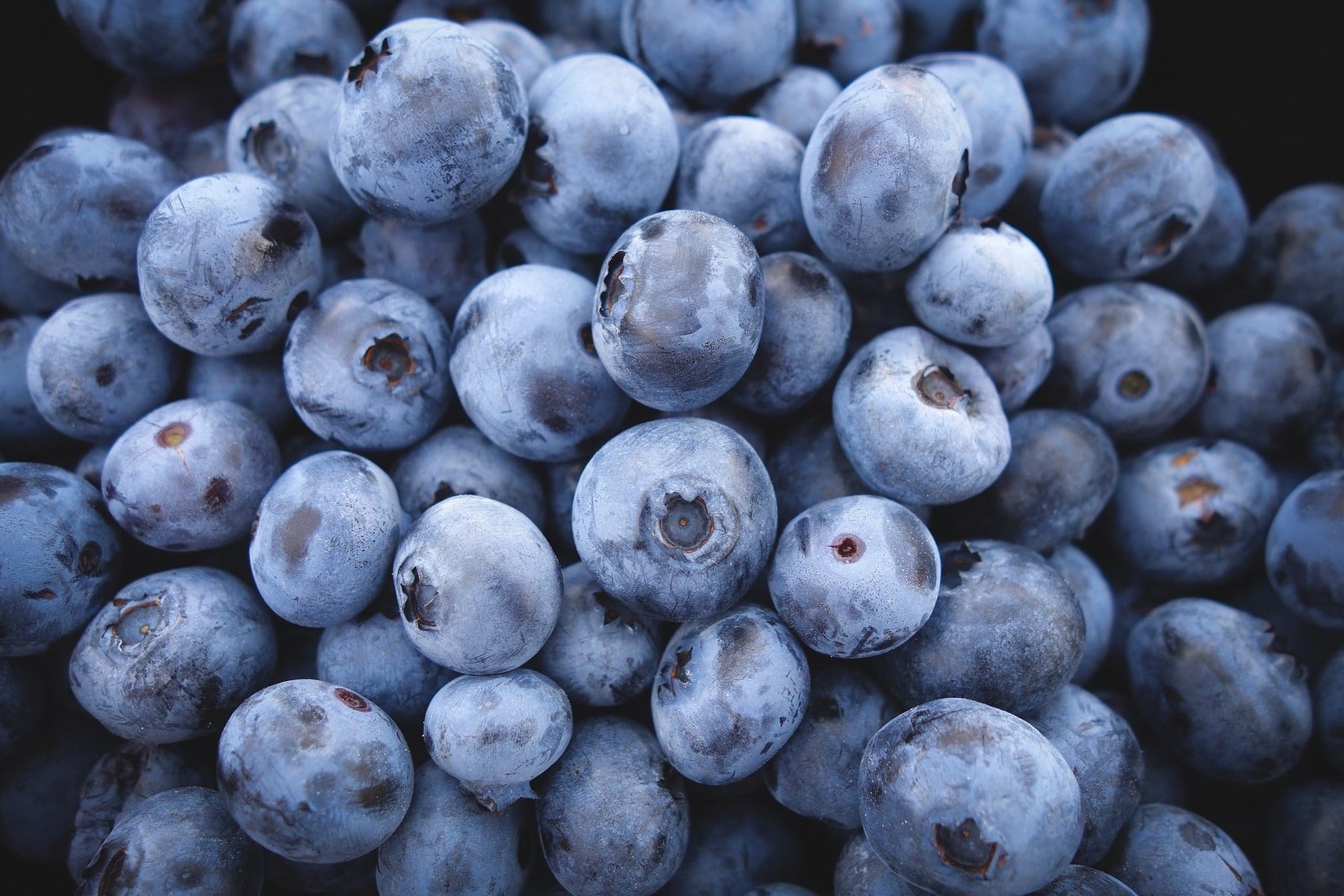
The Power of Antioxidants
You’ve probably heard about antioxidants. Many people make reference to the antioxidants in various foods with vague notions of their usefulness. But what do antioxidants actually do? Let’s talk about that.
Imagine that cells are citizens of the world that is your body. They live their lives, carry out their various functions with trillions of other citizens, try to attain happiness, undergo admittedly insignificant existential crises in the vast, desolate horror of the indifferent cosmos, and eventually die. But these cells together allow your body to thrive.
Cells are born and die continuously, much like people in our world. There are many ways in which our bodies can die, and the same is true of cells. Cells that metabolize the oxygen we breathe mostly change and “die” in the process, much like the citizens of our world, who slave away in a nightmarish corporate system to be discarded when they are no longer deemed useful.
But cells do not have the luxury of retirement. Having fulfilled their purpose, they are replaced by newborn cells. A small percentage of the cells that are involved in this system are damaged and become what are called “free radicals,” and these are chemically unstable. Imagine that they are citizens who become financially unstable and who, in their anger and perceived helplessness, fall into a state of wild rebellion. They go about terrorizing the other citizens of the world, stealing their valuables (in this case, electrons), and in so doing create more financially unstable citizens who also want to terrorize and steal from stable citizens.
But have no fear: the body produces altruistic millionaires that willingly give up some of their valuables to the marauding citizens in order to satiate them. These financially comfortable citizens are called antioxidants, and they are so stable that they themselves do not go on thieving rampages after giving up some of their valuables. They are the peacemakers. Unfortunately, environmental hazards also contribute to the creation of free radicals. Such environmental hazards include cigarette smoke, air pollution, pesticides, and excessive alcohol.
Luckily, antioxidants can be found in many different food sources, including many berries and fruits and vegetables and even some legumes. Common antioxidants have familiar names, as is the case with vitamins C and E. Others are more obscure, like beta-carotene, lycopene, and lutein. But all have a role to play in the battle against free radicals. Antioxidants help to prevent various cancers, promote heart health, and protect cells throughout the body from free radical damage. And many of these incredibly beneficial molecules are found in the fabulous Liquid Health Ultra Antioxidant supplement.
If you are looking for more information or you are interested in carrying or purchasing our products, please do not hesitate to call us at 800.995.6607 or send us an e-mail at customerservice@liquidhealth.us.
Sources/Information:
http://www.hsph.harvard.edu/nutritionsource/antioxidants/
http://www.eatright.org/public/content.aspx?id=6792
http://www.webmd.com/food-recipes/features/how-antioxidants-work1
http://www.drweil.com/drw/u/QAA400537/Stumped-by-Oxidative-Stress.html
http://www.webmd.com/food-recipes/20-common-foods-most-antioxidants


Leave a comment